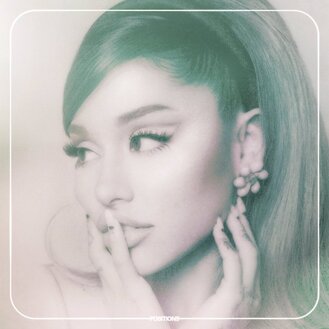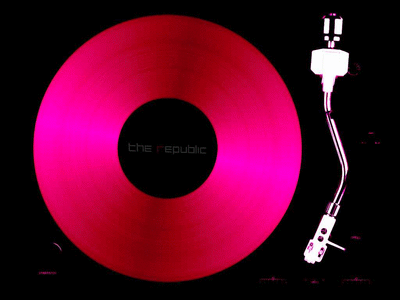
Overall: Slinky R&B rhythms work to cover up questionable messaging and poor content quality.
Ariana Grande’s last two albums, Sweetener and Thank U, Next, came on the heels of personal hardships for the singer. Apple Music noted this in a summary for the newest Positions (Deluxe) stating that the release is “lighthearted and playful” in comparison. Evidently, the assigned reviewer wasn’t paying close attention. Underneath an attractive sound is an LP that is bleak artistically and in its messaging.
Historically, the lyrical offerings on Grande’s projects aren’t very adroit. They are generally passable at best. However, if there’s been any improvement, Positions is grossly regressive. The content has little to no intellectual or emotional worth; it doesn’t come off like it’s been crafted by highly paid songwriters who are in touch with their feelings. Scribing alongside Grande is Tommy Brown, Victoria Monet, Tayla Parx, and others. The vocabulary is narrow, and apparently, it’s a requirement to have an onslaught of unnecessary expletives. Metaphors and analogies are facile, with no attempt to be particularly clever, funny, insightful, and/or poetic. Sometimes the material is convoluted, mashing different topics together without transitions or connectors. Themes of passion, desire, and romantic trepidation are expressed in an insufferably juvenile way. The voicing is like that of an 18-year-old who thinks they’re so wise and cultivated because they’ve been dating someone for a year and are sexually active. “Six Thirty” plays like the aftermath of a teen pairing’s squabble. “What you gonna do when I’m bored and wanna play video games at 2AM?” is a measuring inquiry. “My Hair” is literally about toying with her tresses. It’s used as a manifestation of intimacy. Lunacy.
While Positions isn’t totally without a story direction, it’s so-called ‘happy ending’ and resolve is contradictory and questionable. Listeners are taken through the process of leaving a relationship hurt, and then falling for someone new. There are claims of having self awareness and clarity (ex. “Magic,” “Motive,” “Love Language”), but immature and unhealthy approaches are enacted and/or continued. Despite Grande (or the record’s protagonist) admitting that she hasn’t healed from previous experiences, she presses on with her amorous endeavors (ex. “Off the Table”). The headiness of infatuation and satisfying sex feed immediate thoughts of ‘ever after.’ It’s love at first sight and screw (ex. “Nasty,” “Obvious”).
Ideal love is defined by being the instant remedy to all of each other’s problems and wounds. In the least, provide a long-term ‘feel good’ distraction. Basically, avoiding the responsibility of inner work and giving your prospective partner a job only therapists can perform. The insecurity and codependency that comes with this type of cycle is patent. There’s an abundance of lines where Grande’s ‘auditioning,’ as I call it. She’s eager to demonstrate that she can conform to and meet the needs of her lover, and is the model mate (ex. “Positions,” “West Side”). All of the aforementioned matters culminate in “POV,” which is the closer on the standard edition of the album. Grande sings about having such a lack of self trust and esteem, that she has to rely on the worshipping regard of her significant other to feel valuable. The track is supposed to be sweet and point to a positive conclusion, but really, it’s kind of dismal and sad. To quote RuPaul, “If you can’t love yourself, how in the hell are you going to love somebody else; can I get an ‘Amen’?”


 RSS Feed
RSS Feed